Growing Calocybe indica, the Giant Milky
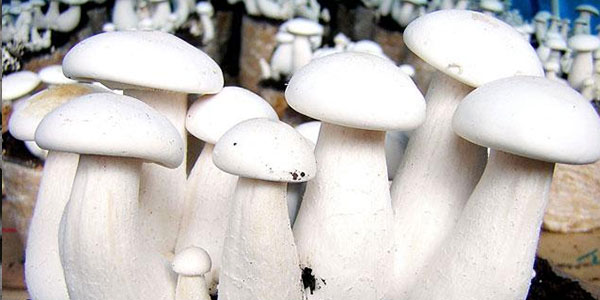
The Giant Milky (Calocybe indica) is a beautiful, edible mushroom from tropical climates grown in India, Vietnam and equatorial regions year-round. This gourmet and medicinal species can be grown in temperate climates for a few months out of the year either outdoors or in greenhouses to extend the warm season.
With a preferred fruiting temperature window of 80-105F, the Giant Milky is the perfect solution for hot, summertime fruiting when all other mushrooms struggle during the intense heat. A thick, meaty mushroom, the flavor and texture is much like that of scallops, and the entire stem is edible.
Well worth the effort and easy to grow, with a process much like that of growing oyster mushrooms on straw, it typically fruits in about 30-45 days on cased, pasteurized wheat straw in open topped bags, buckets or nursery pots. A nursery pot works best for this so that is what I will be demonstrating.
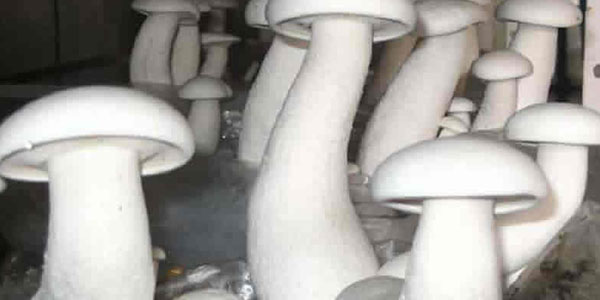
What you will need:
- 1/2 bale Shredded Cereal Straw (Oat, Wheat, Rye)
- 1 Bag Giant Milky Spawn (5lb sawdust)
- 15 – 3 gallon nursery pots
- 1 – 40qt bag of potting soil
Method:
- Pasteurize your shredded straw in hot water (160-180F) for about two hours. Drain and cool on a clean tarp or table until cool until touch.
- Mix in one bag of Giant Milky sawdust spawn into the cooled straw, until very well mixed.
- Clean nursery pots with rubbing alcohol, and once the alcohol evaporates, stuff the spawned straw mixture into the pots tightly, leaving about 3″ space from the top, leveling the surface.
- Place in a cool, shaded area, covering with a tarp so they do not dry out quickly. Check daily and water if needed to maintain even moisture. Do not expose them to extreme heat until they are done colonizing. It will take 1-2 weeks for the straw to colonize and turn white.
- Once they are colonized, remove the tarp.
- Apply 1″ of wet potting soil, pre-moisten it before applying to make sure it is evenly moist. Level the potting soil. Now you should have about 2″ of free space from the top of the pot. Recover with a tarp to retain moisture and water when needed to maintain a damp appearance, NOT WET, or the mycelium will not be able to breathe. Now the pots can be moved into a warmer location if needed up to 105F, but in shaded or bright location, not direct sun.
- After two weeks, remove the tarp covering the cased growing material and keep misted to prevent drying out. Mushrooms should form within 2-3 weeks. Continue to mist them until they are large and the caps flatten.
Harvest by twisting and pulling gently. Trim the soiled area, and either cook or store in a paper bag in the fridge for up to a week.
What’s Next?
- Stop watering and allow the casing soil surface to dry out for two weeks after harvest.
- Drench the pots and soil surface with water until saturated.
- Cover with tarp and repeat for another flush or two.
- When the pots have stopped fruiting you can compost the contents of the pots.
For growing other warm climate species, please check out the links below.
- Growing Oyster Mushrooms – you can grow these on different substrates that are found in the tropics…lemon grass, banana leaves, water hyacinth, palm leaves, and many more. All substrates need to be dried and pasteurized.
- Almond Portabella – blog coming soon, but meanwhile you can read about it here.
- Paddy Straw – These mushrooms fruit only above 80F and actually prefers 90+F, this protein rich species can be grown on many other slightly composted, dried vegetable wastes.

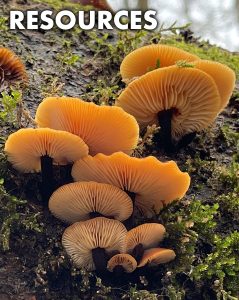
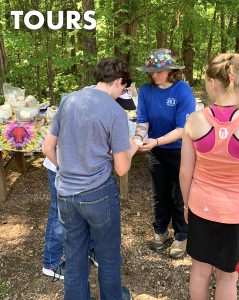
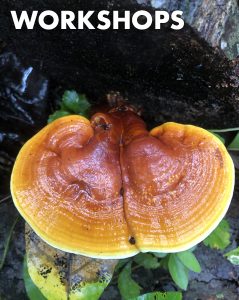
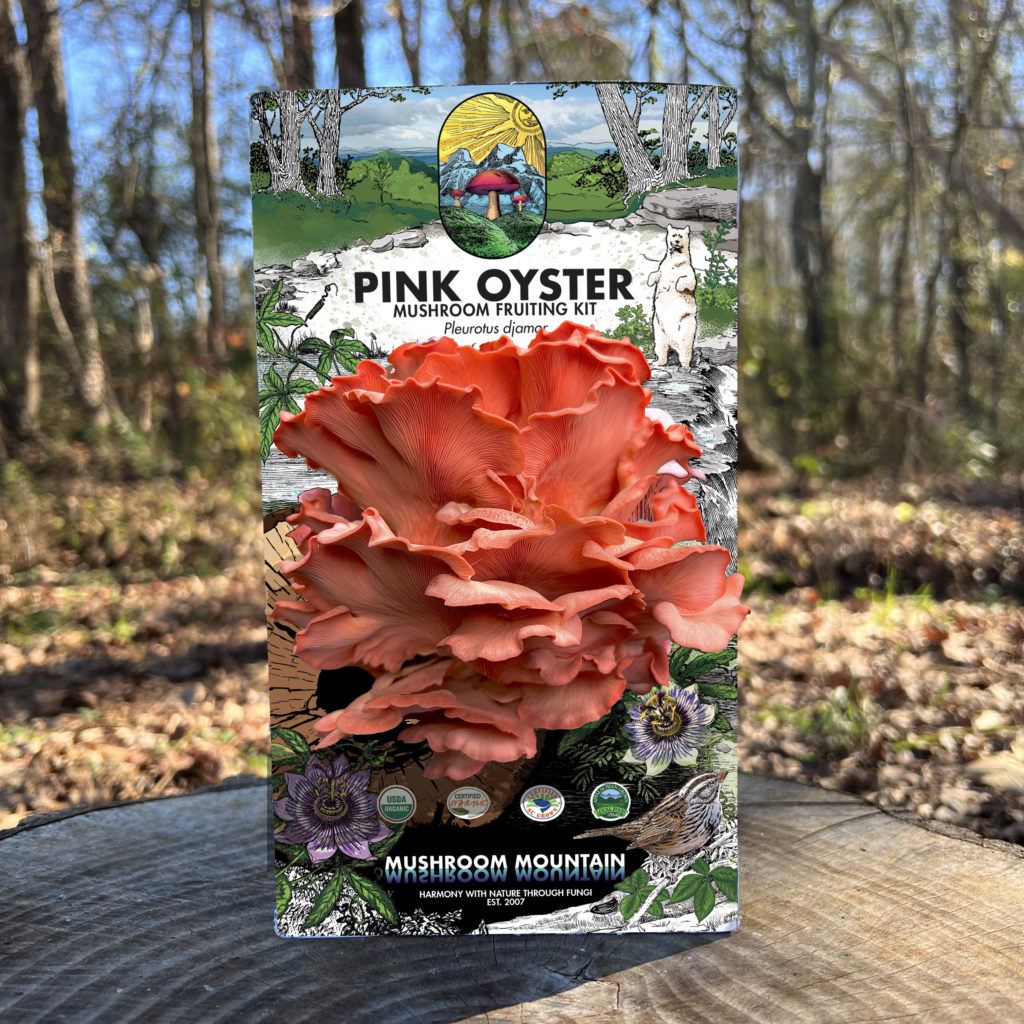
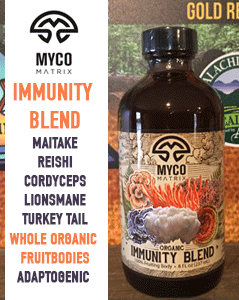
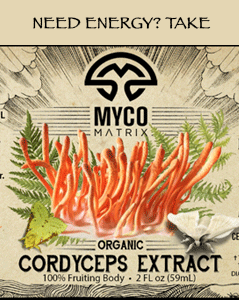

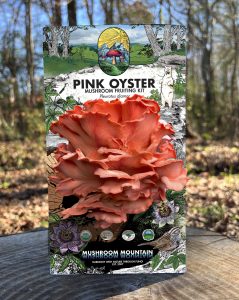
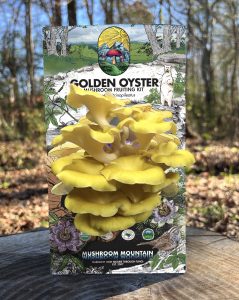
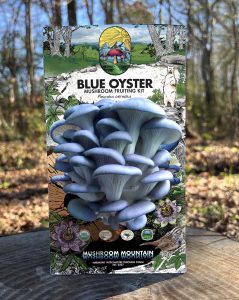
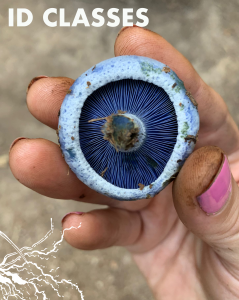


13 thoughts on “Growing the Giant Milky – Calocybe indica”
Can I store some spawn in the frig if I don’t want to grow my whole batch all at once? We’re a small family.
Yes, you can 🙂 But you will be risking contamination of the spawn that is sitting in the fridge.
Wow, this was a really good article!
Thank you 🙂
Calocybe can be conserve in the fridge? He will not died?
Calocybe is a tropical species, so it can be in the fridge for a short period of time, like a week.
Can they be grown in a Monotub
Yes, absolutely 🙂
Please advise where I can purchase Calocybe Indica Spawn
Starting June 🙂
I live in USDA zone 9b so I’m pretty excited to try this species out. Would this do well in an outdoor bed? Once I get a bed established, I really want to use it to help eat up used poultry straw using the chicken coop method suggested in Tradd Cotter’s book with my duck house.
Do you think a bed could survive the winter here? We do get 1-2 freezes per year.
I would try the King stropharia instead 🙂 You can find it here: https://shop.mushroommountain.com/collections/sawdust-spawn/products/king-stropharia-clemson-stropharia-rugoso-annulata-5lb